To provide the best experiences, we use technologies like cookies to store and/or access device information. Consenting to these technologies will allow us to process data such as browsing behaviour or unique IDs on this site. Not consenting or withdrawing consent, may adversely affect certain features and functions.
The technical storage or access is strictly necessary for the legitimate purpose of enabling the use of a specific service explicitly requested by the subscriber or user, or for the sole purpose of carrying out the transmission of a communication over an electronic communications network.
The technical storage or access is necessary for the legitimate purpose of storing preferences that are not requested by the subscriber or user.
The technical storage or access that is used exclusively for statistical purposes.
The technical storage or access that is used exclusively for anonymous statistical purposes. Without a subpoena, voluntary compliance on the part of your Internet Service Provider, or additional records from a third party, information stored or retrieved for this purpose alone cannot usually be used to identify you.
The technical storage or access is required to create user profiles to send advertising, or to track the user on a website or across several websites for similar marketing purposes.
 Technology is now integral for short and long-term employee wellbeing following the dramatic changes to working life caused by the COVID-19 pandemic, according to Thomas Woods, Vice-President of Enterprise for Virtuagym, the global fitness technology provider. The argument was made during a keynote presentation at the Virtual Engage Employee Wellbeing Conference, a case study led solutions event addressing the important challenges and opportunities relating to the mental, financial and physical health of people in the workplace. (more…)
Technology is now integral for short and long-term employee wellbeing following the dramatic changes to working life caused by the COVID-19 pandemic, according to Thomas Woods, Vice-President of Enterprise for Virtuagym, the global fitness technology provider. The argument was made during a keynote presentation at the Virtual Engage Employee Wellbeing Conference, a case study led solutions event addressing the important challenges and opportunities relating to the mental, financial and physical health of people in the workplace. (more…)









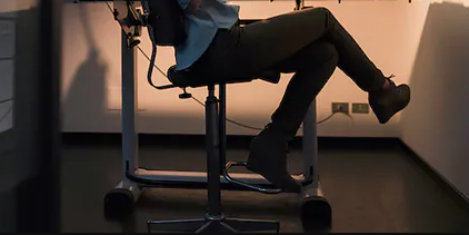
 New research commissioned by
New research commissioned by 
 More than two-thirds (68 percent) of employees in the UK have admitted they get so many distractions and message notifications during work that it’s affecting their productivity. This is according to new research from
More than two-thirds (68 percent) of employees in the UK have admitted they get so many distractions and message notifications during work that it’s affecting their productivity. This is according to new research from 
 New research from beauty company
New research from beauty company 
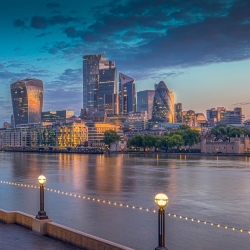 The Mayor of London, in partnership with Nesta Challenges, has announced the winners of the
The Mayor of London, in partnership with Nesta Challenges, has announced the winners of the 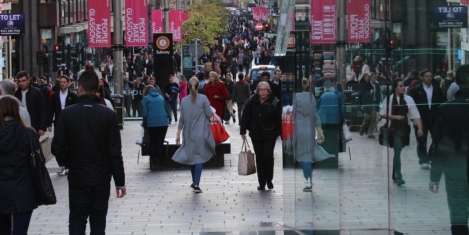
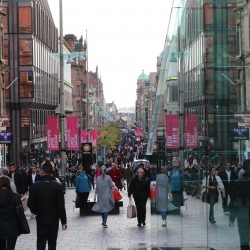 The new
The new 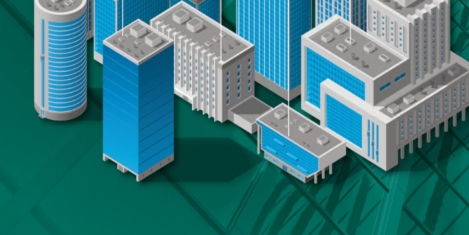
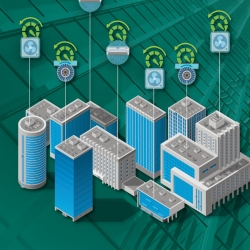

 The global pandemic has blurred the lines between home and work for millions of people around the world. Where once there was a clear distinction between being on and off duty, the demands of remote working and ever-presence of smartphones has created an ‘always on’ culture in many organisations. The trend has led to a number organisations in the UK to now call for a ban on out-of-hours emails in order to alleviate pressures on employees mental health. But is this really necessary, or even logistically possible, for the new world of work? We asked four leading experts for their thoughts.
The global pandemic has blurred the lines between home and work for millions of people around the world. Where once there was a clear distinction between being on and off duty, the demands of remote working and ever-presence of smartphones has created an ‘always on’ culture in many organisations. The trend has led to a number organisations in the UK to now call for a ban on out-of-hours emails in order to alleviate pressures on employees mental health. But is this really necessary, or even logistically possible, for the new world of work? We asked four leading experts for their thoughts. 
 Paradoxically, more in-person work environments and the concentration of jobs in cities could be a medium- to long-term impact of the pandemic’s shift to remote working, suggests
Paradoxically, more in-person work environments and the concentration of jobs in cities could be a medium- to long-term impact of the pandemic’s shift to remote working, suggests 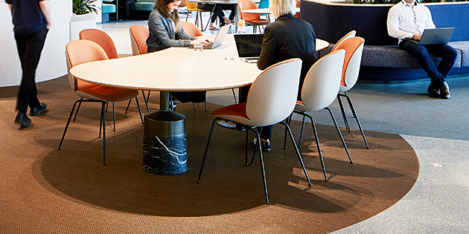
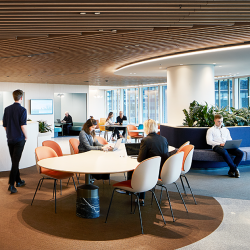 More than half (52 percent) of global companies anticipate a return to the office in earnest by the end of Q3 2021, according to new research by
More than half (52 percent) of global companies anticipate a return to the office in earnest by the end of Q3 2021, according to new research by 








July 23, 2021
The unshocking truth about work and workplaces
by Mark Eltringham • Comment, Workplace design